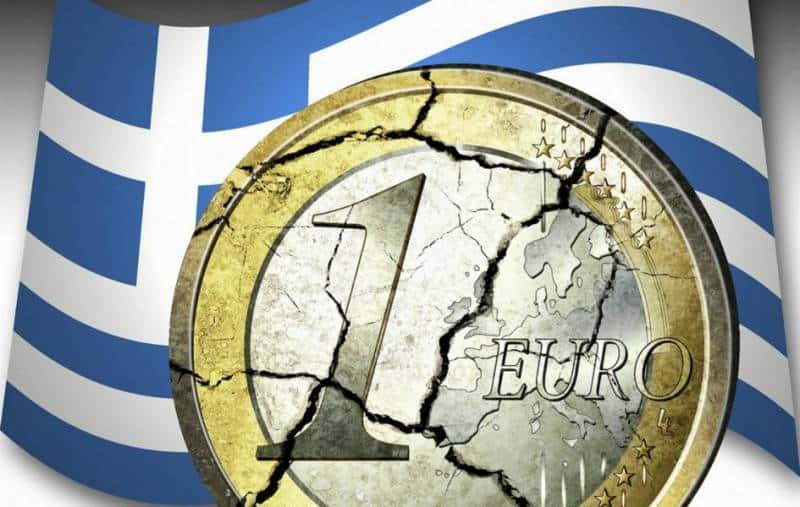European shares, this week, were hit by growing investor worries about the Greece crisis.
What does this mean?
Greece’s debt repayments are due in July and its lenders meet in June to work out a solution. Greece recently deepened austerity measures to fulfill demands of its creditors for a bailout. However, despite this, IMF has concerns about the sustainability of the debt and wants to extend debt relief. Germany is against the debt relief as this could potentially drive away votes in the upcoming elections. A continued impasse between the lenders could lead to Greece refusing its next bailout loan and defaulting on its debt.
What now?
Like the previous times, the most likely possibility is that a compromise will be reached. Either Greece gets the backing to kickstart its economy or it defaults on the loan, exits Eurozone.
But for the global economy, the direct threat from Grexit does not appear to be as intimidating as it once was. Why? Because the risk of a Grexit has been known for some time now and the exposure of international investors is limited. Also, the contribution of Greece to the world economy is too small to make a significant dent in growth. Further, given that the majority of Greece’s loans are held by the financially strong IMF and the ECB, the risk of contagion in case of default, could be a lot less.
Read more about Greece Crisis here




04/06/2017 at 12:28 pm
very informative thanks for share such a great content here , and can you share me how can i subscribe your blog through Email > ?
06/06/2017 at 6:12 am
Hello,
Very glad to know you found the content useful. You can subscribe to the blog by clicking here: https://www.cityfalcon.com/subscribe